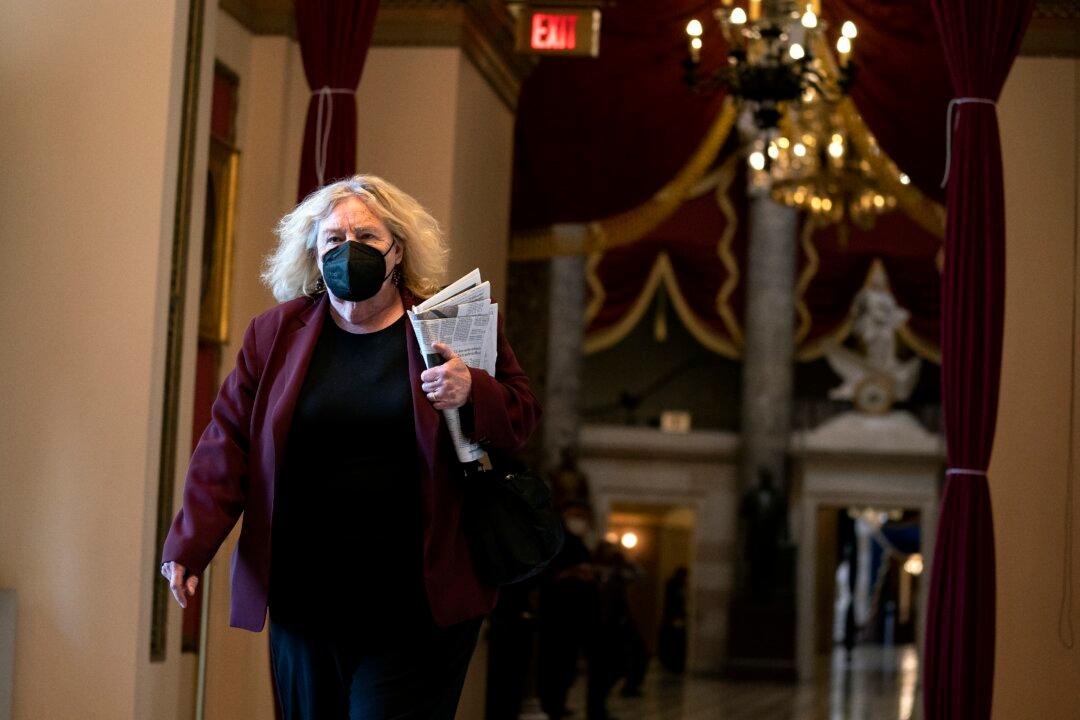A House of Representatives committee on March 10 rejected for now a motion from Rep. Mariannette Miller-Meeks (R-Iowa) that asked for the dismissal of an election contest.
Rita Hart, who battled with Miller-Meeks for the opportunity to represent Iowa’s 2nd Congressional District, alleges she won the 2020 election even though Miller-Meeks was certified the winner by six votes and was sworn in on Jan. 4.





